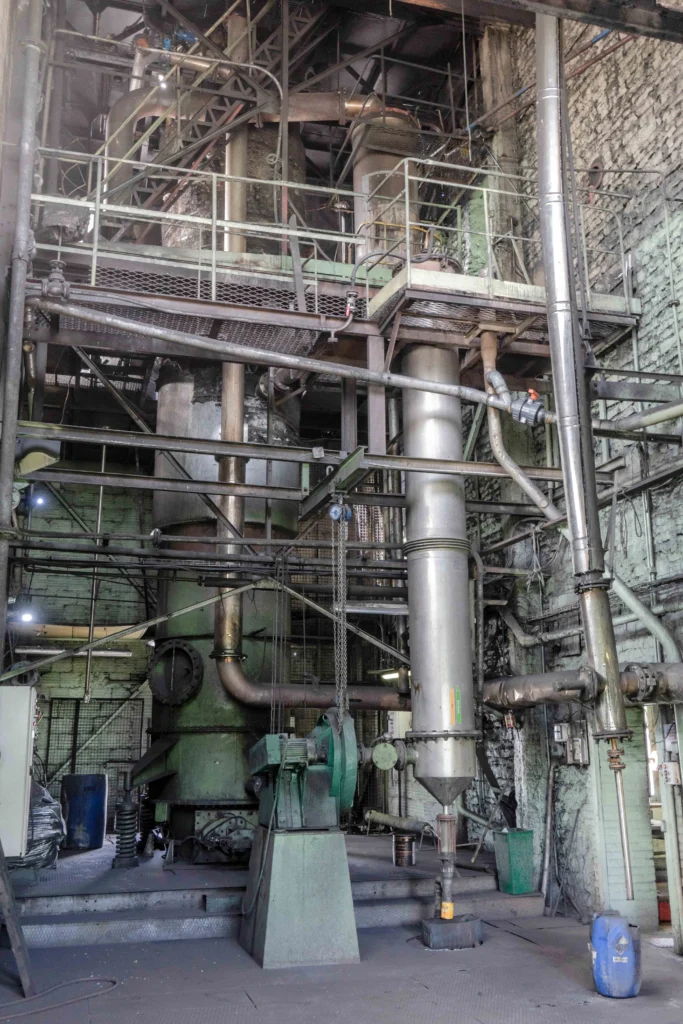This project marks the transformation of one of France’s oldest charcoal production facilities into a modern carbon removal operation. The Four Bordet site in Leuglay has been operational since 1860 and historically focused on producing charcoal for culinary and industrial use. Today, it is transitioning to biochar production—storing carbon permanently while expanding into environmental applications such as soil enhancement and water filtration.
The initiative includes a full-scale modernisation plan: upgrading the biomass boiler, installing new grinding and drying systems, and renewing cogeneration capacity. These changes enable the site to produce high-quality biochar and open new industrial markets for non-combustion uses. The biochar is certified and audited under the Puro Standard, with third-party validation from bio.inspecta AG.
PE-619736
Registered
Leuglay, France

Biochar-based Carbon Removal
496 metric ton of biochar per year

Operational since October 31, 2021
Local employment, technological innovation, and transition to sustainable industrial practices
The project has a strong commitment to environmental and sustainable development that benefit local communities through the following contributions:
Environment
By shifting from traditional charcoal to biochar, the project prevents greenhouse gas emissions and locks atmospheric carbon in a stable form for over 100 years. The facility is grid-connected and uses high-efficiency pyrolysis to optimise carbon permanence. Its outputs serve as a carbon sink and contribute to reduced reliance on fossil-based products.
Community
The site provides stable employment for 25 people in a rural area while expanding skillsets in clean technologies. The company also leads France in certified organic activated carbon and is pioneering agricultural and industrial applications of biochar.
Technology and Innovation
The project includes substantial R&D efforts, collaborating with institutions such as CNRS and INRAE to develop new uses for biochar in agriculture, construction, and pollution mitigation. The facility has already implemented a charcoal grinding unit and plans further enhancements to meet emerging market demands.
Financial Additionality
The transition to biochar production required significant capital and operational investment. Revenue from carbon removal credits (CORCs) has been critical to making the business model viable. Without carbon finance, the internal rate of return (IRR) for the modernisation plan would be negative.
The Four Bordet project is registered under the Puro Standard and contributes to France’s low-carbon industrial future by demonstrating how historical production sites can be reimagined for net-negative outcomes.



GOAL 12 – Responsible Consumption and Production

GOAL 13 – Climate Action
One Tribe enables businesses to be more sustainable by funding rainforest protection projects that store carbon from being released into the atmosphere. By enabling customers to protect rainforest when they shop online we also empowers consumers to drive positive change
One Tribe is a Climate Action Platform enabling businesses and their customers to make a positive environmental impact.


Eric currently works as an independent consultant at the intersection of nature and climate, focused on catalysing market and non-market solutions to drive the just transition.
He previously was Head of Product at Earthshot Labs, supporting nature conservation and restoration projects across the global south secure project finance. Prior to Earthshot Labs, Eric led nature-based carbon project development for Gorongosa National Park in Mozambique and founded the Carbon Cooperative, a global alliance of leading nature conservation and restoration practitioners exploring carbon finance. After serving in the Peace Corps in Mozambique out of university, he spent much of his 20s working in community-based conservation and ecosystem restoration efforts in Sub-Saharan Africa interspersed with two startup ventures as co-founder and CEO of a mental health tech startup and COO of a sustainable coffee company. Eric has a dual Masters in Environmental Engineering and Environmental Policy from Stanford University where he was a NSF Graduate Research Fellow and a BS in Environmental Engineering from Tufts University.
Alan is a risk management thought-leader, superconnector, and FinTech pioneer. His mission is to enable an Earth Positive economy which includes nature in global accounting systems.
Alan is Founder of Generation Blue, a venture studio dedicated to planetary game changers powered by exponential technologies. Previously, Alan established Natural Capital Markets at Lykke AG, pioneering blockchain based forestry and carbon backed tokens. Alan has over two decades of risk management experience advising global financial institutions, and was a founding member of the RiskMetrics Group, a JPMorgan spin-off. Alan is an investor and advisor to regenerative impact ventures, including TreeBuddy.Earth, Regenativ, and Vlinder Climate.
Lori Whitecalf made history when she became the first woman to be elected Chief of Sweetgrass First Nation in 2011. She served three terms of office from 2011-2017.
Lori took a two-year hiatus from leadership to expand the family ranch and serve as the FSIN Senior Industry Liaison. She was re-elected on November 29. 2019 and again on November 30, 2021, as Chief of Sweetgrass. Chief Whitecalf practises a traditional lifestyle of hunting, fishing and gathering. She currently sits on the following boards: Saskatchewan Indian Institute of Technology, FSIN Lands and Resource Commission, Battle River Treaty 6 Health Centre and Battleford Agency Tribal Chiefs Executive Council, FSIN Women’s Commission.
Tina is the Chief Business Officer for MLTC Industrial Investments, the Economic Development arm of the Meadow Lake Tribal Council. She has a diverse background of experience. Having spent 15 years as a municipal Chief Operating Officer, 20 years involved in Saskatchewan’s Health Authority Board Keewatin Yatthe and 9 years with Northern Lights Board of Education.
She continues as a Board Member with Beaver River Community Futures supporting small business development in her home region. Tina brings a wealth of experience in a variety of fields and many connections to the Indigenous communities of Northern Saskatchewan. In addition Tina holds a BA Advanced from the U of S, a Certificate in Local Government Authority from the U of R and is certified as a Professional Economic Developer for Saskatchewan and a certified Technician Aboriginal Economic Developer (TAED).
Tootoosis’ career spans 40+ years in HRM, political leadership, and Indigenous economic development, as a dedicated bridge builder and advocate for Indigenous causes.
As a key member of the Saskatoon Regional Economic Development Authority (SREDA) team since 2021, he develops strategies for the Truth and Reconciliation Commission final report and Call to Action #92.
He is a graduate of the First Nations University of Canada and a certified Professional Aboriginal Economic Developer. Spearheading various community initiatives while serving as a Chair of the SIEDN while directing ILDII and WIBF. Founder of MGT Consulting Tootoosis is based in Saskatoon, Treaty Six Territory.
Cy Standing (Wakanya Najin in Dakota) has a long and distinguished career including serving overseas as an Electronics Technician in the Royal Canadian Air Force, former Chief of Wahpeton Dakota Nation, former Vice Chief of the Federation of Saskatchewan Indigenous Nations (FSIN), past Executive Director of Community Development Branch of the Department of Northern Saskatchewan as well as an Order in Council appointment to the Federal Parole Board.
Mr. Standing has served as a Director on many Profit and Non-Profit Corporate Boards, including serving as a Director for Affinity Credit Union with assets of over six billion dollars as well as IMI Brokerage and Wanuskewin and is currently a member of the One Tribe Indigenous Carbon Board.